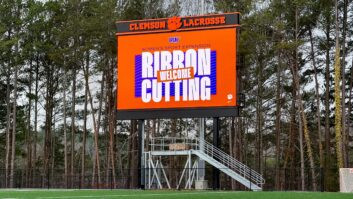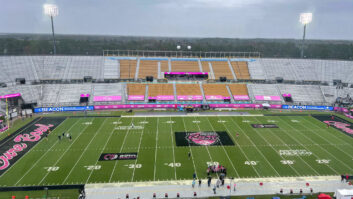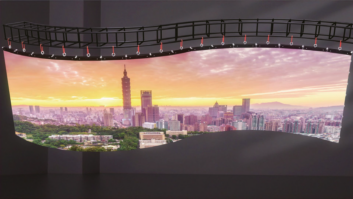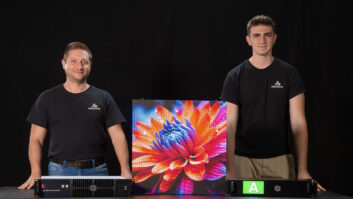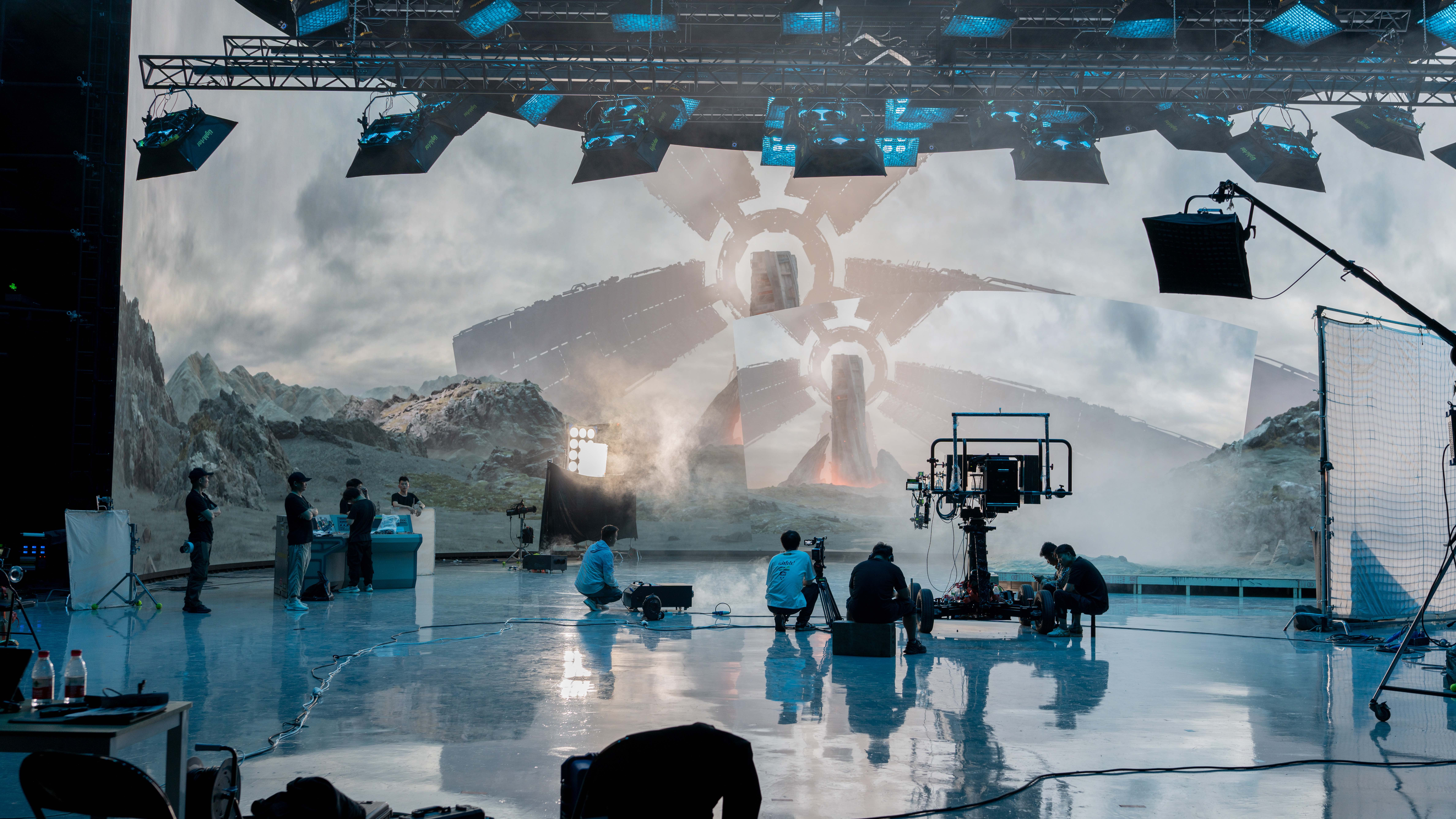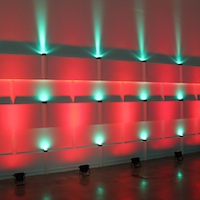
Wireless LED system manufacturer Astera has forecast significant medium-term growth of the market that it helped to create, predicting that the demand for wireless LED products could double by 2014.
The company – which became involved in wireless LED technology in 2005 with the development of remotely controlled LED tubes – reports a sharp increase in the sales of its products in recent months. This, combined with a steady rise in the number of competitors launching development of their own wireless LED products, has led the brand to make its projections amid preparations for the PLASA show.
Sebastian Bückle, head of international sales and marketing at Astera, commented: “We’ve seen something of a spike in the demand for wireless LED products of late. It’s hard to talk numbers, but let’s just say that the market has grown exponentially since 2010, both in terms of supply and demand.
“Naturally, this means much more competition for us, but that’s not actually a bad thing because it’s fuelling the continued growth of a market in which we are a clear leader. As more and more LED companies embrace wireless LED, an increasing number of customers are taking notice of it, too. And once they do, it doesn’t take them long to realise that Astera was the pioneer of this technology.”
Astera is exhibiting at PLASA on stand 1-D18. Central to its wireless LED system is an extensive selection of lighting fixtures, each of which features Astera’s a built-in rechargeable battery and RF receiver, allowing for entirely wireless operation. Every wireless fixture is fitted with a high quality lithium polymer battery that can power the unit for up to 24 hours between charges.
Fixtures include the AL6 wall washer, AL7 wireless spot lamp and AL1 pixel tube; complementing these is a powerful set of controllers. The ARC2 RF Remote Control is Astera’s main handheld LED controller. It is used to change colours, launch programmes, group together several Astera lamps, arrange lights within groups and control third-party products connected over other Astera connectors. It operates on the 868MHz band, giving it a range of 300m in an open field; up to 30 times the range of most competitor models, says Astera.
A brand new addition is the highly advanced ARC3 remote control tablet. Via a 7in 1024×600-pixel captive touchscreen, it can manage an unlimited amount of wireless Astera products and can also communicate with third-party lamps and other appliances. The tablet also features a ‘target lamps’ button that facilitates communication with a user-definable selection of wireless fixtures.
The ART3 wireless RF DMX transmitter can either send or receive DMX data, enabling both Astera and third-party lamps to be controlled via a standard lighting console. It also functions as a receiver that allows regular wired lighting fixtures to be controlled by Astera’s ARC2 RF remote control.
As comprehensive as it already is, Astera’s wireless LED range has been earmarked by the company for continued growth in line with that of the market. CEO Norbert Ernst has indicated that the ultimate goal is to “offer wireless LED products for every conceivable occasion” – an objective that is said to be already within clear sight for the brand. In the meantime, several years of R&D have ensured that its current line of products is the the most effective and versatile available.
“Being the pioneer of wireless LED has many obvious advantages in the marketplace,” concluded Bückle. “Not least the familiarity of the Astera brand to customers and the recognition in the industry that we invented the technology. For us, however, the biggest advantage is the amount of time that we’ve spent developing and refining our products. While some companies are only just sitting down to design their first wireless LED systems, we’ve been working on improving ours for the last four years.”

